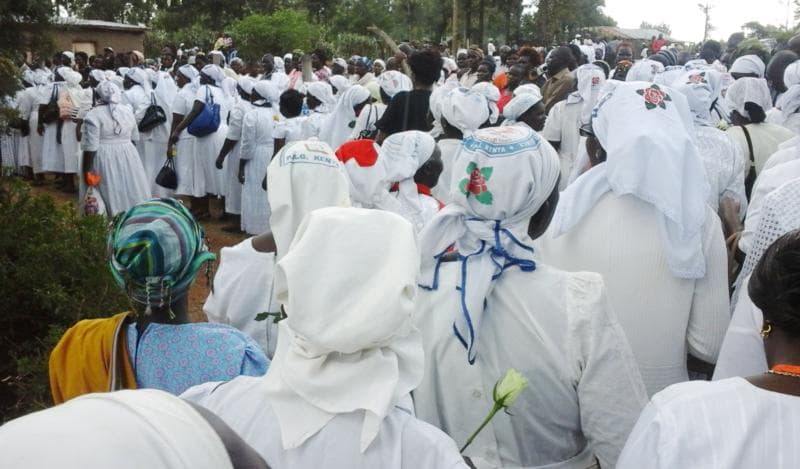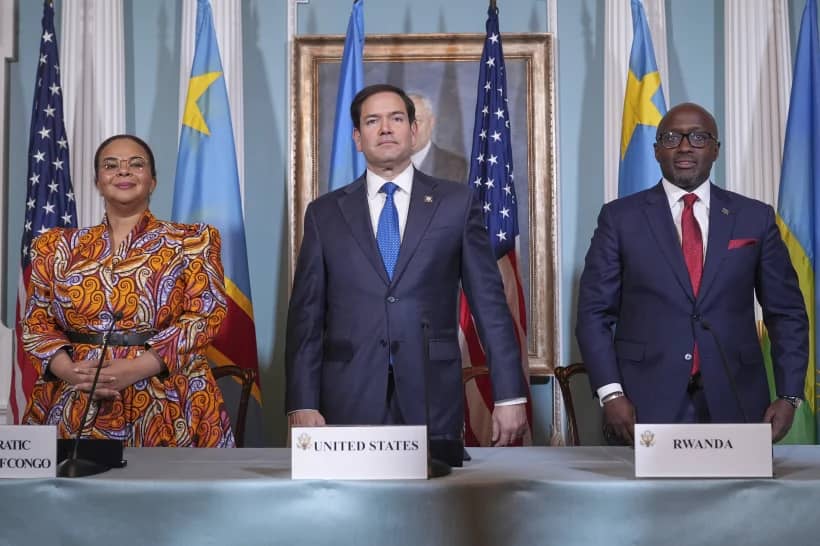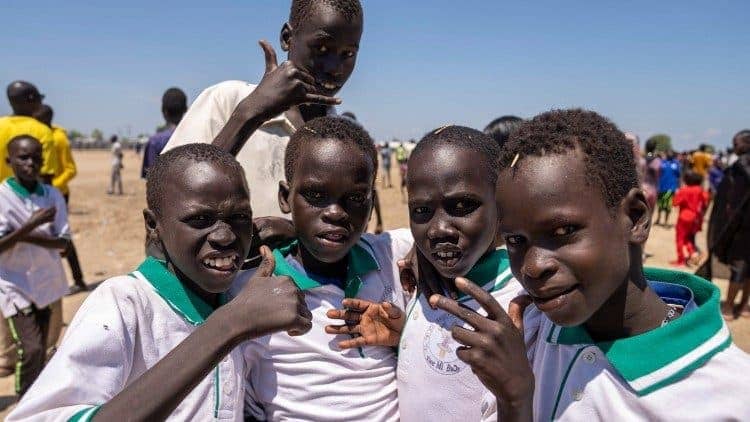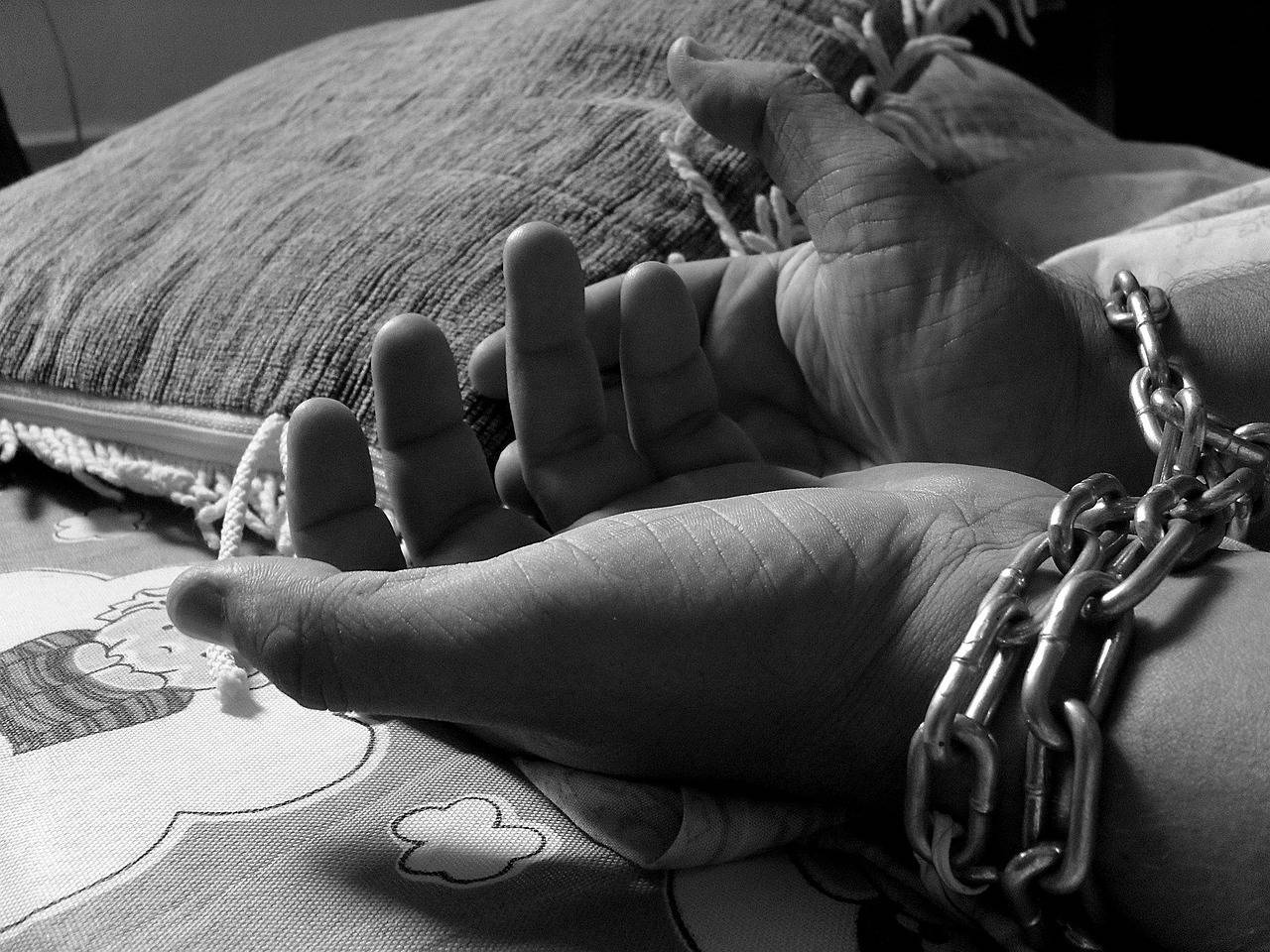YAOUNDÉ, Cameroon – Catholics can learn from the rise of Pentecostal Christian groups in Africa, according to one Nigerian bishop.
In 1970, Pentecostals represented just 5 percent of all Africans, but that figure has now more than doubled to an estimated 12 percent.
Many Catholic leaders have noted these groups aren’t always spreading the Gospel to non-Christians but are “sheep stealing” from the Catholic Church and mainline Protestant denominations.
However, Nigerian Bishop Matthew Hassan Kukah said the Catholic Church authorities “cannot ignore the passion of the Pentecostals and the extent to which they have made the Gospel come alive.”
The Sokoto bishop told Crux “there are lessons for the Catholic Church.”
Despite the exponential growth of Pentecostals in Africa, the Catholic Church is still gaining more members on the continent. Nearly one in five Africans – 19.2 percent – is Catholic, and the Pew Research Center expects the number of Catholics in sub-Saharan Africa to double by 2050.
“I am pleased with the growth of Christianity in Africa,” Kukah said, but expressed concerns about “the quality of the faith in terms of the way the message is being presented and how much we are moving away from the mind of Christ, His concerns for the poor and the fact that He came to make all things new.”
The bishop was alluding to the proponents of a “prosperity Gospel” that promises earthly rewards like wealth and success for following Christ.
Kukah said that despite the threat posed by some Pentecostal ideologies, the Catholic Church’s universality is its fundamental strength.
However, the bishop warned it could be a weakness if the Church doesn’t address the unique challenges faced by local communities in Africa.
“These challenges include confronting the false altars of power without responsibility, addressing the urgency of the prophetic message of Christ, instilling in our people the message of the Love of Jesus Christ,” he said.
Kukah advocated a “robust ecumenism” that respects everyone and how they express their faith.
“For example, in Sokoto where I am, we are surrounded by an over 95 percent Muslim population. We cannot help but share our gifts and stand together. Despite our numerical weakness, we still wield significant power by our presence, and I am very happy about that,” he said.
Although many have contrasted the growth of Christianity in Africa with its decline in the religion’s European heartland, Kukah said such comparisons must be put into context.
“A significant percentage of the citizens of Europe grew out of the revolution of the ’60s marked by free sex, free drugs and a reckless lifestyle,” he claimed. “The children that grew out of these environments had parents who did not present religion to them. So, what you have are not so much people who left Christianity as those who did not have a taste of the Gospel.”
But he added that this is just part of the answer and noted there are deeper issues related to how the Church dealt with the issues of modernity and secularization.
“In some instances, the Church was often too carried away with its own trappings of power and glory and turned its eyes away from the power of the Gospel to affect and transform society. I do not think that the Catholic Church in particular did enough to cope with the fallout of such forces as the French revolution and the revolutionary pressures of the twentieth century,” Kukah said.
The bishop then turned to Islam: “These are trying times for the world and I believe even more trying times for Islam as a religion.”
He said Muslims need to deal with the fact their faith has fallen into “the hands of criminals and murderers who perpetrate their crimes in the name of religion.”
He also said faith leaders need to accept “the legal codes around our common humanity and address the issues of pluralism.”
“Muslim leaders must face the issues around modernity and the moral claims of its faith which seems to have serious difficulties dealing with plural religious claims and cultures,” Kukah said.
However, he said the main problem facing interfaith relations in Africa are the “criminal failures” of the state sector.
“It is these failures to manage diversity, the tendency of leaders to use and manipulate religious identities that create a sense of alienation for others,” the bishop told Crux.
He pointed to the example of Muhammadu Buhari, who has been accused of favoring Muslims over Christians in the religiously divided country.
“The situation in Nigeria here where the president has loaded the dice of power in favor of religion is problematic for a plural society such as ours. So, we should focus on dialogue of development, dialogue of power sharing in a just manner. Even when a party is in power, very often, members of a different ethnic group or religion suffer alienation, and this is at the bottom of our crises,” Kukah said.
Crux is dedicated to smart, wired and independent reporting on the Vatican and worldwide Catholic Church. That kind of reporting doesn’t come cheap, and we need your support. You can help Crux by giving a small amount monthly, or with a onetime gift. Please remember, Crux is a for-profit organization, so contributions are not tax-deductible.














